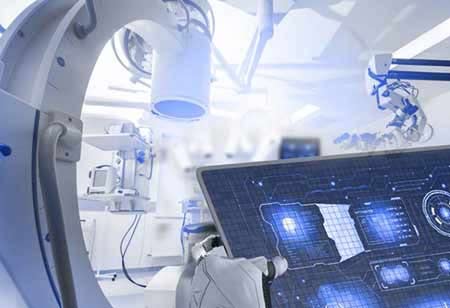Thank you for Subscribing to Healthcare Business Review Weekly Brief
AI to Bring Positive Changes in the Future of Medical Coding

Be first to read the latest tech news, Industry Leader's Insights, and CIO interviews of medium and large enterprises exclusively from Healthcare Business Review
Thank you for Subscribing to Healthcare Business Review Weekly Brief

By
Healthcare Business Review | Thursday, April 29, 2021
Stay ahead of the industry with exclusive feature stories on the top companies, expert insights and the latest news delivered straight to your inbox. Subscribe today.
Traditional medical billing and coding necessitate a massive amount of manual documentation and paperwork. Because the process is manual, it is time-consuming and has a short turnaround time.
Fremont, CA: Artificial Intelligence and Machine Learning are more than just buzzwords in the world of modern innovation. It determines the future of the technology industry, as well as virtually every other industry, including healthcare. Almost nothing in the healthcare industry remains constant, whether it is in terms of methodologies or business aspects. With AI automating the healthcare sector, medical coding systemization has become critical for healthcare progress. There are no people outside of the medical field who understand medical coding. With over 72,000 billable codes in the most recent International Classification of Diseases (ICD) version, the complicated system necessitates the close supervision of professionals for proper management.
Here’s how AI will change the dynamics of the medical sector:
Increasing Coder Efficiency
The World Health Organization has published the tenth edition of the International Classification of Diseases, the new standard for disease and virus detection and classification. The most recent upgrade includes approximately 3,800 procedure codes and approximately 14,000 diagnosis codes. The new upgrade, however, is ICD-11, which will go into effect in January 2022. COVID19 is accelerating the adoption of AI by allowing professionals to select better codes to help them streamline the claim process and reduce costs.
Medical coding is an ever-changing but essential aspect of the healthcare industry. Nevertheless, the number of codes and diagnosis standards has grown exponentially, reaching hundreds of thousands.



